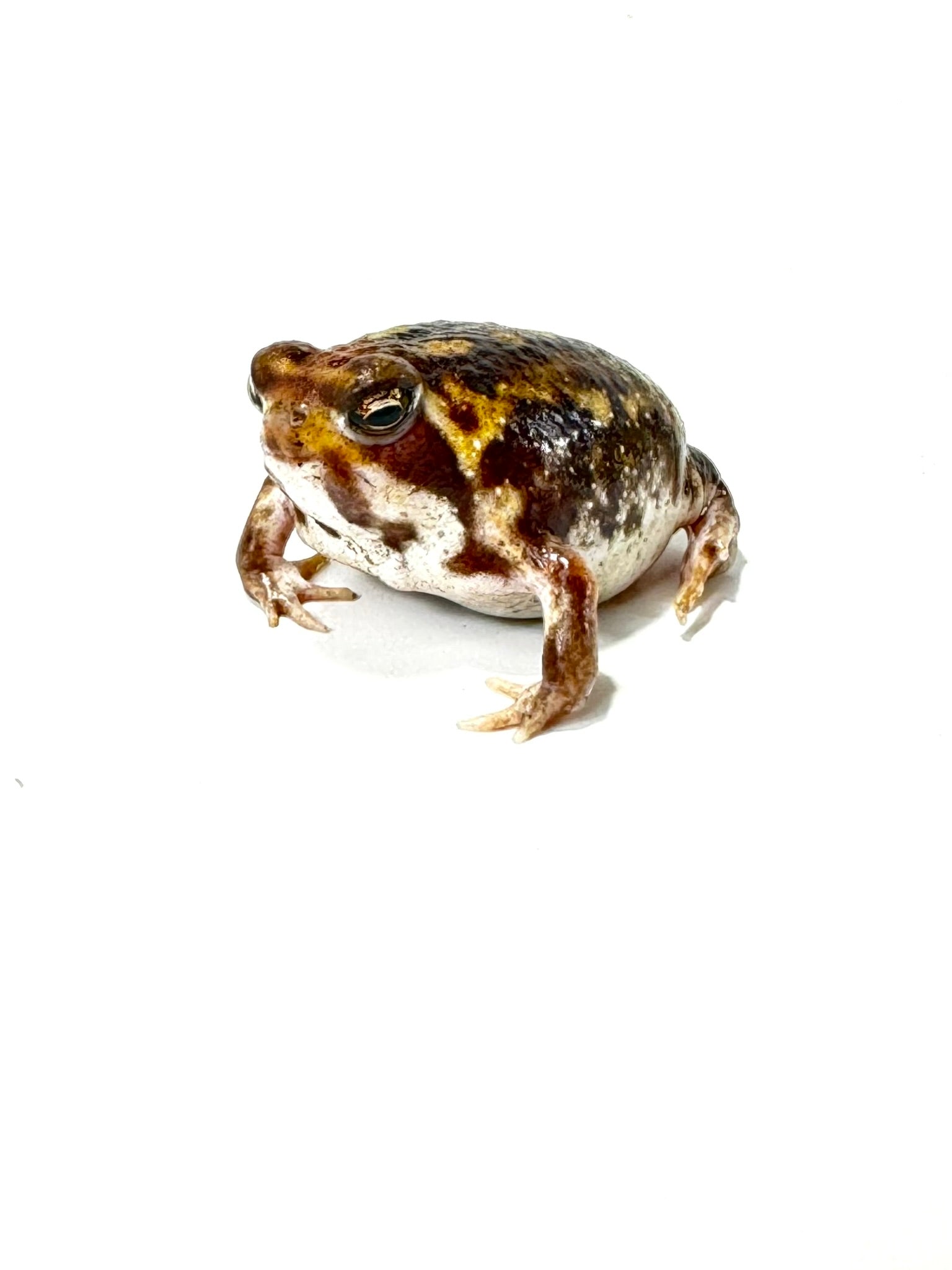Common Health Issues in Reptiles: Symptoms and Solutions
In the detailed world of reptile care, comprehending the common wellness issues that might affect these one-of-a-kind creatures is extremely important in ensuring their health. Whether it's grappling with parasitic problems, navigating dehydration worries, or dealing with skin disorders that manifest in refined methods, being attuned to the signs and symptoms and outfitted with the understanding of effective remedies is important for any kind of reptile proprietor.
Respiratory Infections
Breathing infections in reptiles can significantly influence their overall wellness and call for prompt interest from skilled veterinarians. In reptiles, breathing infections can be specifically testing to detect and treat due to their distinct anatomy and physiology.
Therapy for breathing infections in reptiles typically entails a combination of encouraging care, such as keeping appropriate humidity levels and temperature gradients in the enclosure, as well as targeted medication to resolve the particular microorganism in charge of the infection. It is vital for reptile owners to check their animals very closely for any kind of indicators of respiratory distress and look for vet care at the earliest indicator of an issue. With prompt intervention and suitable therapy, numerous reptiles can recover completely from breathing infections and resume normal tasks.

Metabolic Bone Disease
What aspects add to the advancement of Metabolic Bone Condition in reptiles?
Metabolic Bone Illness (MBD) in reptiles is largely created by an absence of proper calcium, phosphorus, and vitamin D3 levels in their diet. Additionally, inadequate exposure to UVB light protects against reptiles from manufacturing vitamin D3, which is crucial for calcium absorption and bone health.
Insufficient humidity degrees can also affect a reptile's capability to metabolize calcium successfully. Regular vet check-ups, appropriate husbandry techniques, and a well balanced diet are important to prevent Metabolic Bone Condition in reptiles.
Parasitic Infestations
Parasitical infestations present a significant wellness danger to reptiles, affecting their general well-being and needing prompt veterinary focus. Reptiles can be affected by numerous parasites, including termites, ticks, internal worms, and protozoa. These parasites can create a range of signs and symptoms, such as weight management, sleepiness, skin irritation, looseness of the bowels, and also death if left unattended.
One typical parasite discovered in reptiles is the mite, which can trigger skin stress, inflammation, and anemia. Ticks are one more outside bloodsucker that can send diseases and cause pain to the reptile. Inner bloodsuckers like worms and protozoa can bring about digestive problems, lack of nutrition, and weaken the reptile's immune system.
To identify a parasitical invasion, a vet might execute fecal examinations, skin scrapings, or blood examinations. Therapy often involves deworming medicines, antiparasitic bathrooms, or in extreme situations, a hospital stay. Preventative actions such as normal vet examinations, appropriate hygiene, and quarantine procedures for new reptiles can help reduce the risk of parasitic infestations and ensure the well-being of reptile family pets.
Dehydration and Hydration Issues
Dehydration in reptiles can substantially affect their health and wellness and wellness, requiring timely intervention and ideal hydration monitoring. Reptiles are vulnerable to dehydration because of different elements such as inadequate water consumption, high ecological temperatures, and certain wellness problems. Signs of dehydration in reptiles include sunken eyes, sleepiness, loss of skin elasticity, and reduced urination. If left untreated, dehydration can bring about severe health and wellness issues and also be fatal to the reptile.
To stop dehydration, reptile owners must guarantee that their pets have accessibility to tidy water in any way times. The water meal need to be huge sufficient for the reptile to saturate in if needed, especially for species that soak up water through their skin. In addition, preserving correct moisture degrees in the reptile's room and providing routine bathrooms can aid avoid dehydration.
In instances of dehydration, it is critical to seek vet treatment immediately. A veterinarian may provide liquids either by mouth or through shots to check out this site rehydrate the reptile. It is necessary to resolve the underlying root cause of dehydration to stop reoccurrence and ensure the reptile's total well-being.
Skin Ailments
Final Thought

Respiratory system infections in reptiles can significantly affect their general wellness and call for prompt interest from knowledgeable vets (rain frog for sale). Preventative procedures such as routine veterinary examinations, proper health, and quarantine treatments for new reptiles can aid decrease the risk of parasitic problems and guarantee the health of reptile animals
If left neglected, dehydration can lead to significant health concerns and even be deadly to the reptile.
Frequently inspecting your reptile for any type of adjustments in skin texture, look, or shade can help in very early detection and therapy of skin ailments, promoting the total health and wellness of your flaky friend. - rain frog for sale
In conclusion, reptiles are susceptible to numerous wellness issues such as breathing infections, metabolic bone illness, parasitical problems, dehydration, and skin ailments.